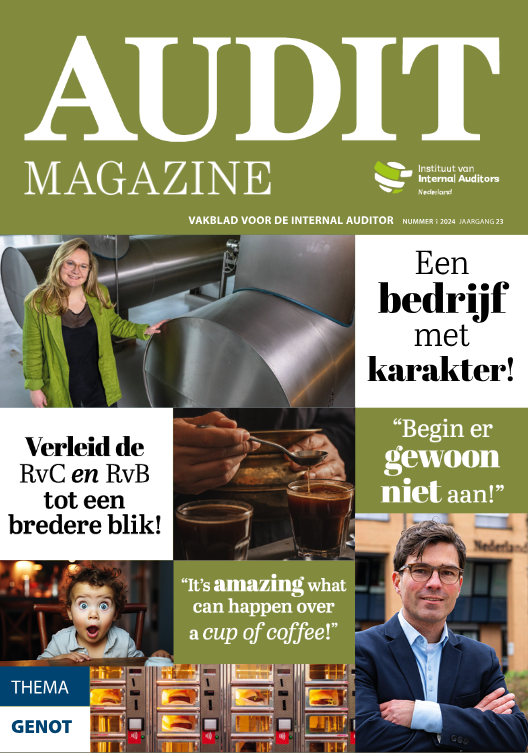Guidance: Auditing projects in the early stages
This guidance provides a brief introduction to the early stages of managing a project and the role internal auditors can play.
Project management and methodologies
Before we delve into the detail of the early stages of a project, it is helpful to remind ourselves about the nature of projects and the purpose of project management.
The Association of Project Management defines a project as 'a transient endeavor undertaken to achieve a desired outcome' (PMBoK Guide). It will have a defined beginning and end and will typically have the fundamental purpose of bringing about a beneficial change.
The primary challenge of project managers is to deliver the project objectives on time, within cost and to defined standards of quality. Methodologies, tools and techniques provide the means to achieve this and improve the speed, efficiency and success rate of project delivery.
There are a number of methodologies for managing a project including lean, iterative, event chain, critical chain and agile. Irrespective of the methodology chosen, the focus must be upon the project objectives, outputs, timeline and cost, together with the role of participants and stakeholders.
Project managers in the UK & Ireland often use PRINCE2, a generic project management method (OGC PRINCE2 book background section), as it sub-divides projects into manageable sections. The diagram shows ‘starting up and initiating a project’ as two distinct stages, which provides the basis for the early involvement of stakeholders, internal audit and other assurance providers.







